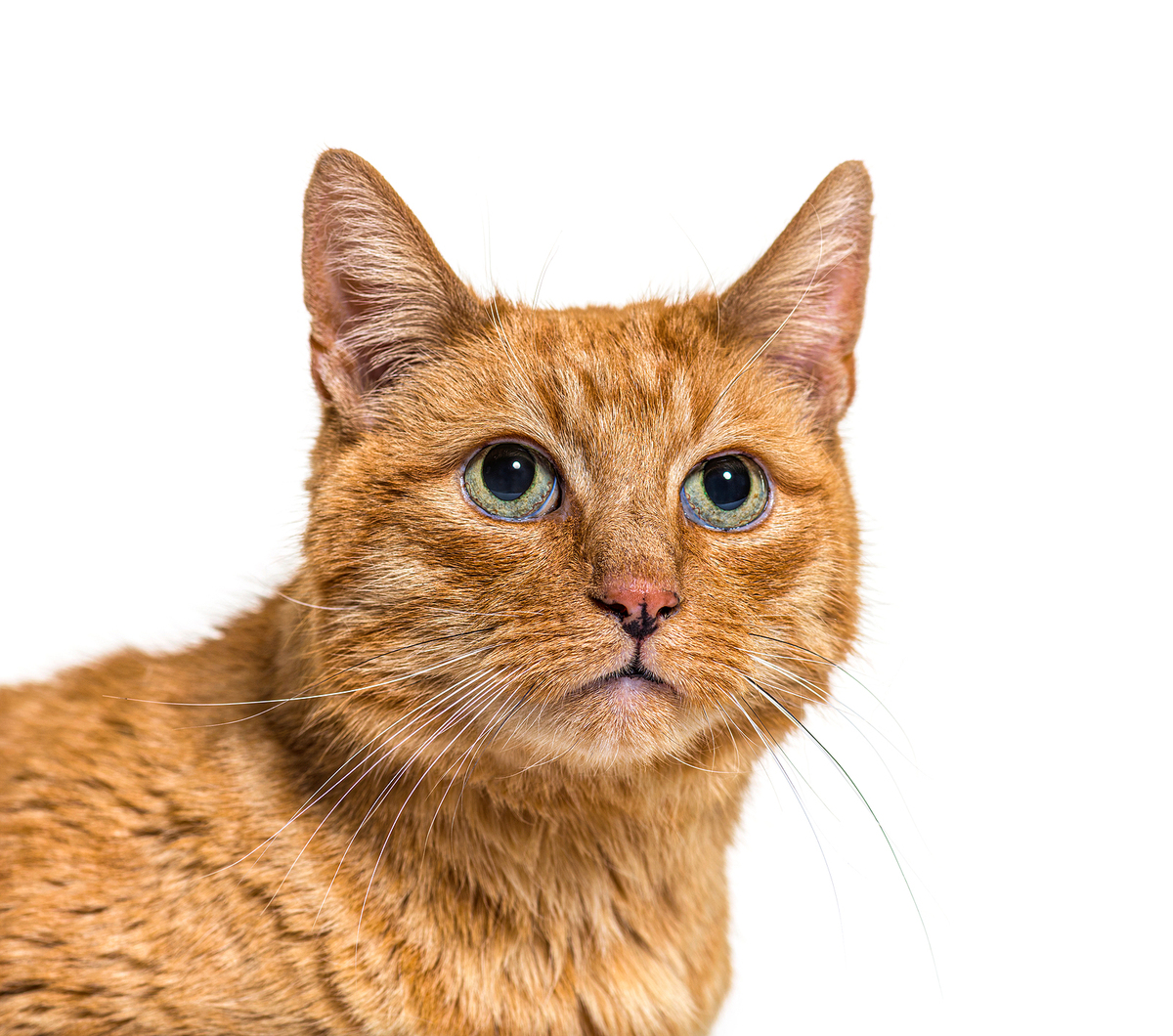Should I Adopt an Older Cat?
When you decide you're ready to adopt your first cat—or to bring a new cat into your home—most pet owners weigh their options between young kittens and adult cats. But among adult cats, there's another category worth your consideration: Older cats nearing the end of their life expectancy.
Although adopting and caring for an older pet isn't right for everyone, aging cats can bring some important benefits for cat owners—and in exchange, those owners are filling a valuable role for both the cats and the adoption centers housing them. Read on for some helpful information to guide you in this decision.

What Age is a Senior Cat?
For most vets and cat-lovers, cats are considered senior when they reach 11 years of age. By this point, they're approaching the average life expectancy range for domestic cats, which is typically between 13 and 17 years of age.
As you consider what age of cat to adopt, keep in mind that many cats far outlive this life expectancy and survive well into their twenties. It's important to be prepared for a potentially long union between you and your cat—which can offer advantages as well as potential complications, depending on your future plans.
The Benefits of Adopting an Older Cat
Too many people considering cat adoption only see senior cats as a sacrifice of a longer life and relationship with a pet. In reality, adopting an older cat can offer some attractive benefits for some cat owners and households, such as:
- Lower levels of activity. As cats age, they require less playtime and activity, which can lead to fewer incidents of damage to furniture and other household objects. If the energy and activity of a kitten is too much for you to handle, a senior cat could be the perfect alternative.
- Older cats get along better with children and other pets. While you might expect older cats to be cranky and temperamental, their lower activity level and mature behavior actually makes them a better fit into busy households where kids or other pets are already established—especially compared to the chaos that may come with younger cats. For many households, senior cat behavior may be a better fit with their home environment and lifestyle.
- You adopt a cat that sees less adoption demand due to its age. Unfortunately, despite the large population of senior cats up for adoption, many households looking to adopt a cat prefer a kitten or younger adult cat with a longer life to live.
Should I Adopt an Older Cat?
While adopting an older cat is both admirable and rewarding, it also comes with a lot of responsibility. Before deciding to adopt an older cat, ask yourself the following questions:
- Are you prepared to handle the shorter amount of time you'll get to spend with your cat, due to its advanced age? For cat lovers, one of the biggest hardships of adopting older cats is acknowledging that you have a shortened amount of time to spend with them. While this isn't a deterrent for people passionate about caring for older cats, you should have realistic expectations around your cat's life expectancy when choosing to adopt.
- Are you financially able to provide the medical and other types of care aging cats will need later in life? Older cats come with greater living costs that need to be accounted for, which can include medications, treatments, and even surgery. Before you adopt an older cat, you should have a plan for how you'll afford these costs and provide your cat with care to support a better quality of life.
- Does an older cat suit your lifestyle better than a younger cat? From higher energy to the greater risk of interpersonal conflict with cats and other pets, a younger cat isn't right for everyone—but an older cat could offer the temperament and behavior you're looking for.
- Do you prefer to adopt a cat while knowing the kind of personality they have? Kittens can be an unknown variable when it comes to projecting their behavior as adults. With older cats, you typically have a strong sense of their demeanor soon after meeting them, which means you know what you're getting when they're adopted into your home.
- Do you have a passion for offering a loving home to older animals facing less adoption demand? Ultimately, adopting an older cat is a commitment that comes from a desire to fill a role that might otherwise remain empty. If you're passionate about caring for older cats, you're probably willing to make certain sacrifices to welcome them into your home.
How to Find a Senior Cat Rescue Near Me
When it comes to finding older cats needing homes in your area, the first place to start is with any senior cat rescues working in your community. These dedicated rescues are focused on caring for and rehoming older cats that may struggle to be adopted alongside younger pets available at the Humane Society or other animal shelters. Your local veterinarian may be aware of senior cat rescues to check out. You can also conduct an online search to view your local options, and local animal shelters may be able to refer you to senior cat rescues they work with.
If you're determined to find a senior cat, you can also check these shelters and choose from the aging cats in their facility. You can even ask about older cats that have been at the facility for a long time, which may be less likely than others to find a new forever home.
While adopting an older cat is a labor of love, it can be extremely fulfilling for both you and your new cat. If you have a heart for aging cats, consider turning one of them into the newest member of your family.


